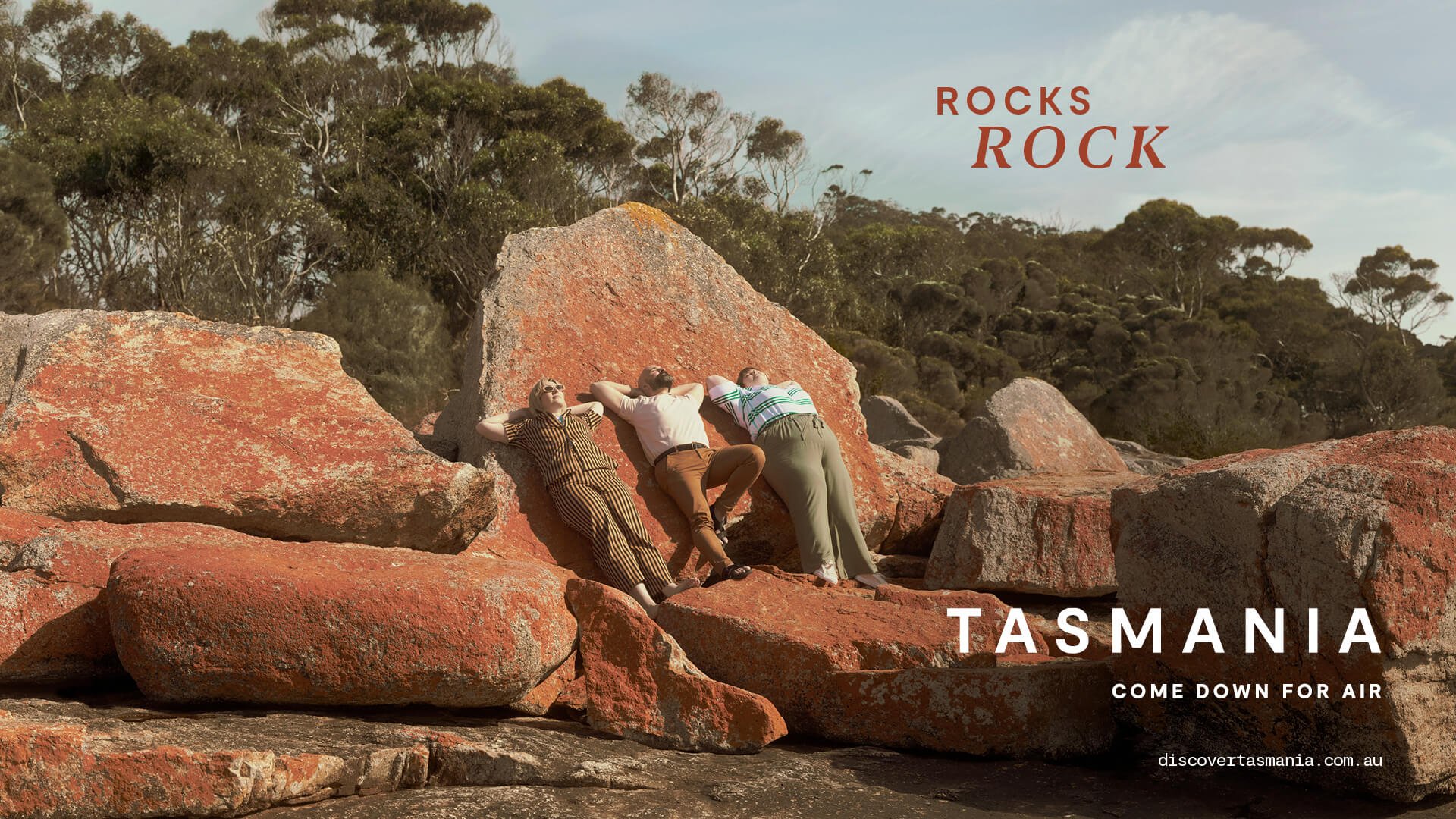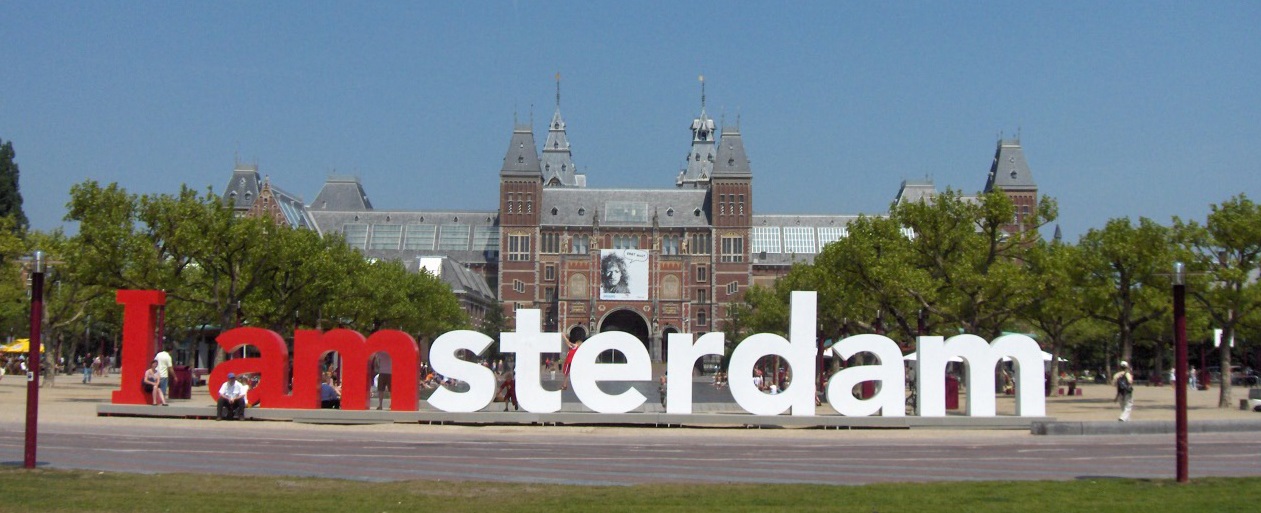Imagine a country as a multifaceted canvas whose culture, history, innovation, and social fabric interweave. Nation (or destination) branding is the art of shaping this canvas with purpose and authenticity. It influences how the world perceives a nation, impacting everything from economic growth to diplomacy. Nation branding is more than just a superficial makeover but is a profound transformation that shapes a country’s identity, values, and purpose on the global stage. It goes beyond catchy slogans and picturesque postcards, aiming to influence behavior, foster trust, and shape perceptions. At its core, effective nation branding is a holistic masterplan that touches every facet of a nation’s existence, from its economic sectors and infrastructure to talent, education, and cultural expressions. Let’s explore more about the main strategies for effective destination branding.

A Holistic Masterplan
Nation branding, when done right, becomes a comprehensive, long-term strategy that permeates every aspect of a nation’s existence. Here’s how it touches various facets of a nation’s makeup:
Economic Sectors
A strong destination brand attracts economic opportunities, from exports to foreign direct investment. Investors seek stability, innovation, and a conducive business environment, all of which are influenced by a nation’s brand image. For instance, iconic landmarks, efficient transportation, and sustainable urban planning in cities like Singapore and Dubai contribute significantly to their nation’s brand.
Talent and Education
A nation’s brand influences where talent chooses to study and work. Top universities, research centers, and talent retention programs play a pivotal role in shaping a nation’s brand. The presence of renowned educational institutions and initiatives that attract and retain talent contribute to a nation’s brand narrative.
Culture and Arts
Cultural expressions such as creativity, music, literature, and art shape a nation’s soul and contribute to its brand identity. Landmarks like the Louvre in Paris, cultural celebrations like the Rio Carnival, or India’s classical dance forms all play a crucial role in shaping a nation’s brand narrative and global perception.

The Anholt Perspective
Simon Anholt, a pioneer in destination branding, introduced the concept of Competitive Identity, emphasizing the significance of a nation’s reputation and competitiveness. Initially coining the term ‘Nation Brand’, he later introduced ‘Competitive Identity’, which goes beyond marketing techniques and delves into a nation’s self-awareness and deliberate actions in shaping its global engagement.
Competitive Identity
Competitive Identity combines self-awareness, acknowledging a nation’s strengths and weaknesses, with deliberate actions aimed at shaping behavior and global engagement. It transcends marketing techniques and delves into a nation’s identity, politics, and competitiveness.

The Uncommon Growth Equation
Nation branding has far-reaching impacts that extend beyond tourism. It significantly influences a nation’s visibility, economic impact, diplomacy, and geopolitical influence.
Visibility and Culture: A well-crafted destination brand increases a country’s visibility on the global stage, attracting tourists, investors, and potential partners. Additionally, cultural promotion beyond monuments includes celebrating traditions, cuisine, and festivals, making the nation’s culture a powerful brand ambassador.
Economic Impact: A strong destination brand opens doors for exports, as consumers trust products with a positive country association. Furthermore, it attracts investment by signaling stability and growth potential, making it an attractive destination for capital.
Diplomacy and Influence: Destination branding enhances diplomatic relations and soft power, facilitating cultural exchanges, partnerships, and goodwill missions. A respected nation brand amplifies a country’s voice in global forums, enhancing its geopolitical influence.
Learn From These Destination Branding Examples
I Amsterdam
Amsterdam, Netherlands, adopted this slogan as a symbol of the city’s open and welcoming culture. It has become an iconic representation of Amsterdam, attracting tourists and emphasizing the city’s unique vibe.

Pure Michigan
The state of Michigan in the United States uses this brand to highlight its natural beauty and outdoor recreation opportunities. The campaign showcases Michigan’s lakes, forests, and scenic landscapes, inviting visitors to explore its pristine environment.

Montréal, Minnesota, and British Columbia
These destinations have recently launched new branding campaigns to deepen their connection with consumers and accurately reflect their modern identities. Each campaign aims to differentiate the location and attract visitors.
For more examples, also read: Destination Branding Dynamics of Today’s Tourist
The Takeaway
Destination branding is a marathon, not a sprint. It involves weaving narratives that resonate across generations. A well-crafted destination brand boosts visibility, attracts investors, and enhances a country’s economic prospects. It promotes cultural traditions and cuisine, making a vibrant culture a brand ambassador. Also, it enhances diplomatic relations and amplifies a country’s voice in global forums. As countries evolve, their brands evolve too. Effective nation branding celebrates the uncommon growth fueled by purposeful branding, leaving behind legacies that transcend time and geography. It’s about creating a brand that reflects a nation’s true essence and leaves a lasting impact on the global stage.
Also Read: Dominican Republic: A Treasure Trove of Tropical Beaches



